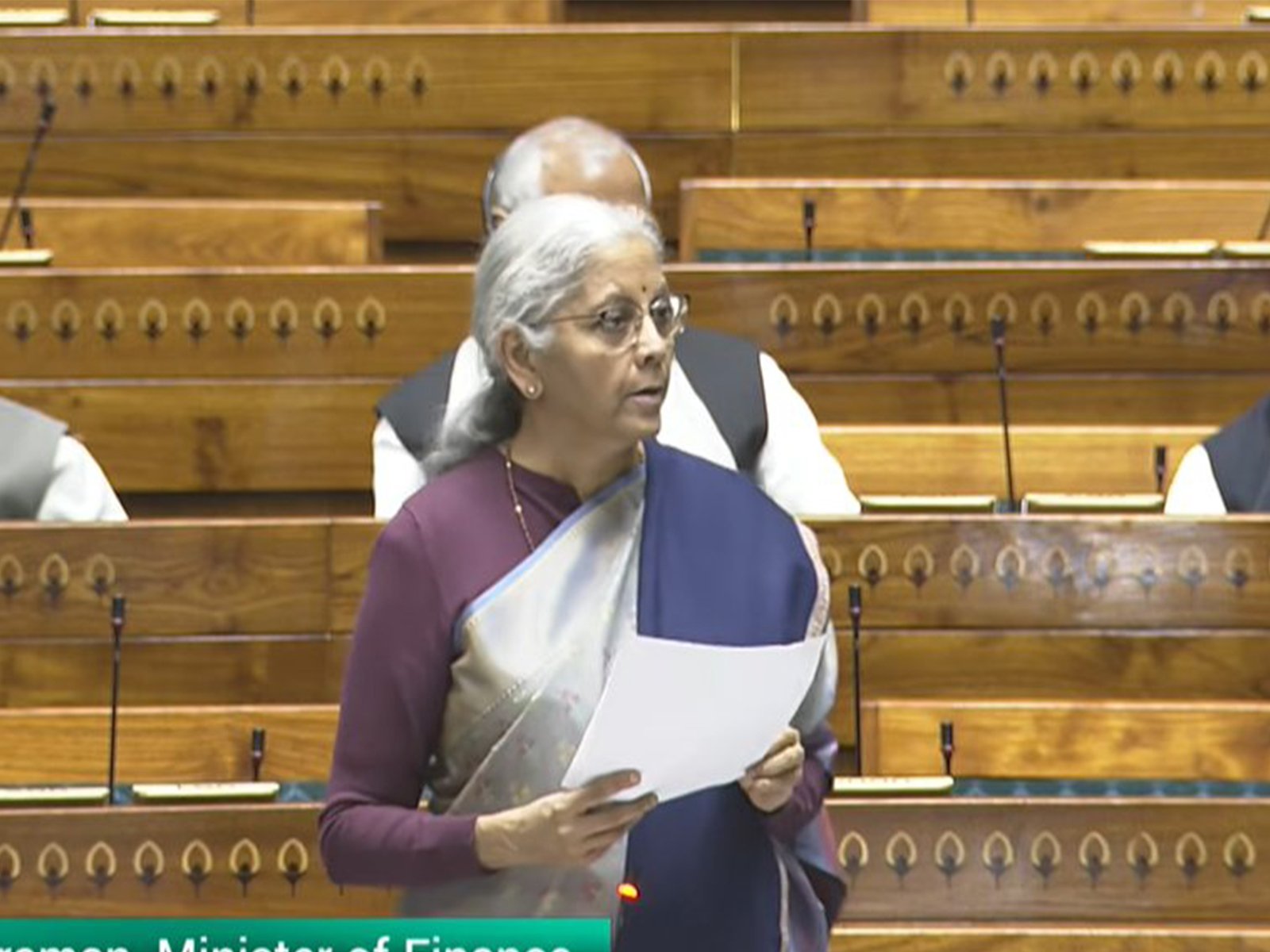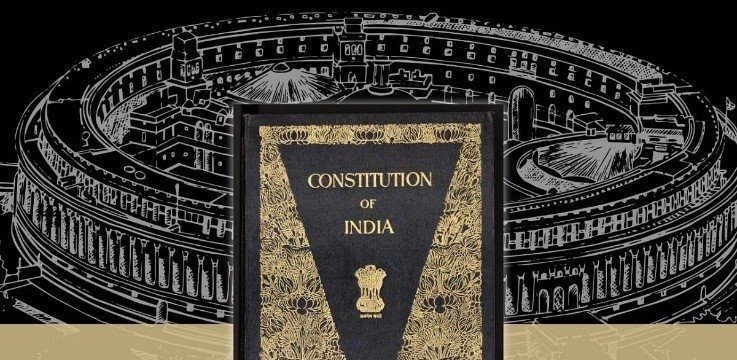Context
Recent failures in Delhi’s air and Lucknow’s noise monitoring networks exposed flaws in sensor placement, weak enforcement, and misleading data, raising concerns about public health, data credibility, and India’s commitments under the Paris Agreement and WHO Air Quality Standards.
Why Does Data Credibility Matters?
Environmental data is the foundation for all pollution control and public health decisions. If monitoring systems produce incorrect or manipulated data:
- Policies become misdirected and there is weak enforcement of existing policies.
- Public health risk increases as citizens are exposed to unsafe air and noise without adequate warning.
- Judicial Oversight weakens as it relies on official data for crucial interventions.
- Citizens lose trust in government institutions.
- International Credibility is affected as it undermines India’s commitments under global environmental accords.
Delhi’s Air Monitoring Failure
- Many air quality sensors are placed under tree canopies or behind walls, giving artificially low pollution readings.
- Proposals to install sensors in less polluted areas further distort the data.
- Official data often describes air quality as “moderate” while citizens experience toxic smog.
- Such manipulation not only weakens public trust but also delays judicial and administrative action during pollution crises.
Lucknow’s Noise Monitoring Failure
- The National Ambient Noise Monitoring Network suffers from malfunctioning sensors and outdated standards under the Noise Pollution (Regulation and Control) Rules, 2000.
- India’s permissible decibel limits remain below WHO guidelines, enforcement mechanisms are weak, and penalties carry little deterrent effect.
- Inaccurate data prevents recognition of noise as a serious public health hazard leading to hypertension, anxiety, and sleep disorders.
- The Supreme Court’s decision to transfer noise pollution cases around Delhi Airport to the National Green Tribunal (NGT) affirms that noise is not just a nuisance but a constitutional and health issue linked to Articles 19 and 21.
Challenges and Way Forward
| Challenges | Way Forward |
| Faulty placement and calibration of sensors | Ensure strict compliance with CPCB and international standards for sensor location, calibration, and periodic auditing. |
| Political interference and weak enforcement | Establish independent scientific oversight panels with experts, civil society members, and academicians to insulate data systems from political influence. |
| Lack of transparency and citizen oversight | Promote open data access, regular public disclosure of raw readings, and citizen participation through real-time online dashboards. |
| Outdated Noise Pollution (Regulation and Control) Rules, 2000 | Revise the law to align with WHO noise standards, update decibel limits, and introduce stronger deterrent penalties. |
| Absence of third-party audits | Conduct regular external audits by accredited laboratories or institutions, and publish findings for public scrutiny. |
| Technology without scientific discipline | Integrate real-time data validation tools, AI-based error detection, and cross-verification systems to ensure data integrity. |
| Erosion of public trust and credibility | Build confidence through transparency, accountability mechanisms, and consistent scientific review. |
Conclusion
India’s environmental monitoring crisis is not merely about sensors or software, it is about governance, ethics, and public trust. When “real-time” systems hide reality, the right to clean air and health becomes meaningless. To protect citizens and uphold India’s credibility, scientific rigour, transparency, and citizen oversight must guide every environmental data network. Real-time monitoring must reflect reality, not distort it, otherwise, it turns into real-time deception.
| Ensure IAS Mains Question Q. Examine the challenges posed by unreliable air and noise monitoring data in India and suggest measures to improve credibility and public trust. (250 words) |
| Ensure IAS Prelims Question Q. With reference to environmental monitoring in India, consider the following statements: 1. The Noise Pollution (Regulation and Control) Rules, 2000, are fully aligned with WHO guidelines. 2. Inaccurate air and noise data can weaken citizens’ constitutional rights under Articles 19 and 21. 3. Independent scientific oversight and third-party audits are necessary for credible monitoring. Which of the statements given above is/are correct? a) 1 and 2 only b) 2 and 3 only c) 1 and 3 only d) 1, 2, and 3 Answer: b) 2 and 3 only Explanation: Statement 1 is incorrect: The Noise Pollution (Regulation and Control) Rules, 2000, are outdated. Their permissible decibel limits are below WHO standards, enforcement is weak, and penalties carry little deterrent effect. Statement 2 is correct: Inaccurate air and noise data can weaken citizens’ constitutional rights under Articles 19 and 21, as misleading data delays interventions that protect the right to life, health, and freedoms such as movement and assembly. Statement 3 is correct: Independent scientific oversight and third-party audits are necessary to ensure transparency, data credibility, and public trust in environmental monitoring systems. |
Also Read | |
| UPSC Foundation Course | UPSC Daily Current Affairs |
| UPSC Monthly Magazine | CSAT Foundation Course |
| Free MCQs for UPSC Prelims | UPSC Test Series |
| ENSURE IAS NOTES | Our Booklist |





